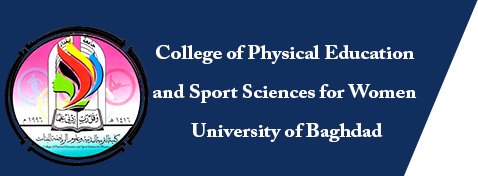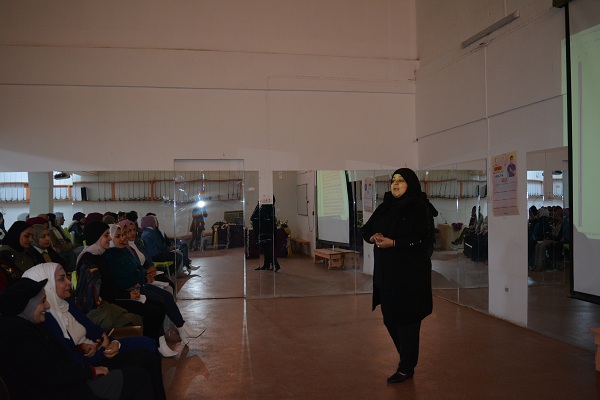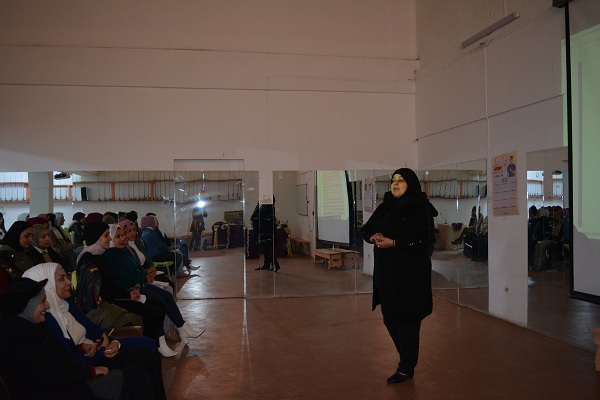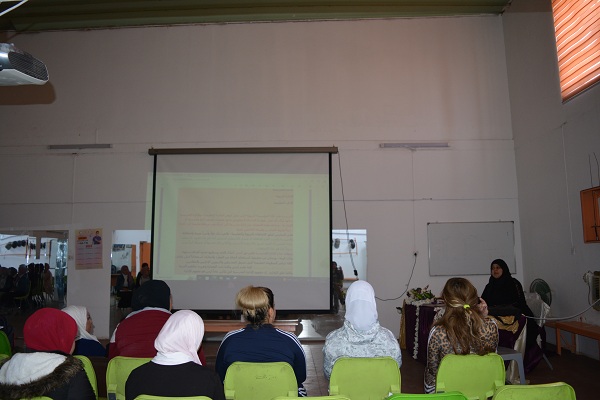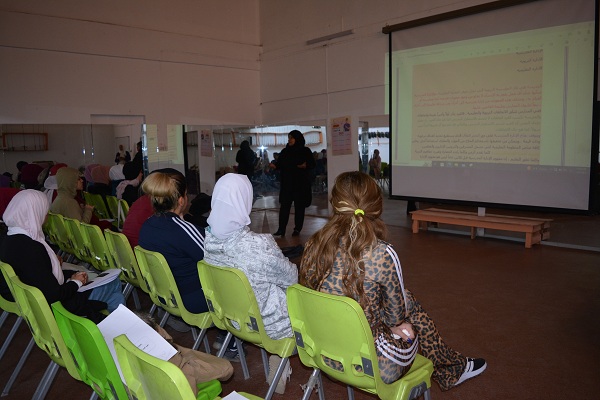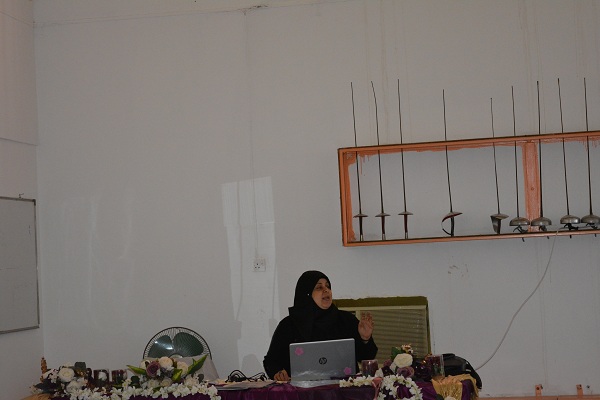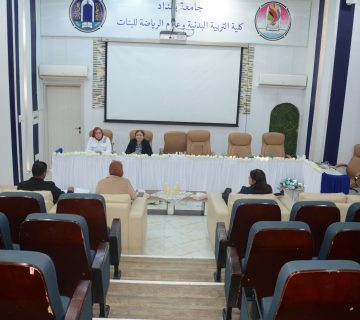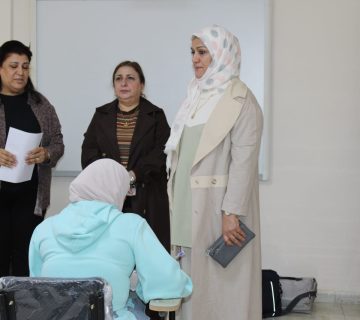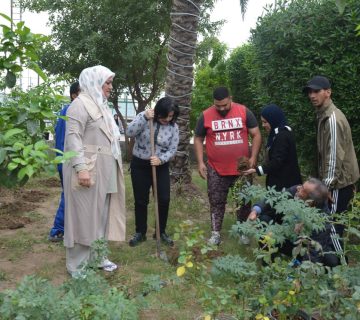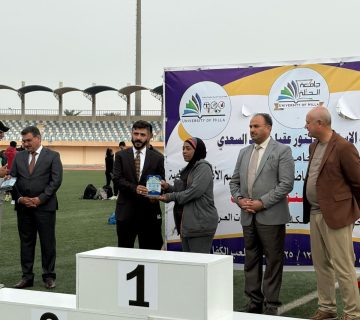A teacher in the team games branch in the College of Physical Education and Sports Sciences for Girls, University of Baghdad, Prof. Dr. Sondos Musa Jawad, held a scientific workshop for undergraduate students entitled (School administration, its theories and sources). Dr. Sondos explained the concept of school administration, which means all the efforts, capabilities and activities that are being made in order to achieve the educational goals in an effective and developed manner, and among its principles are the division of work, authority and responsibility, order, unity of leadership, unity of standardization, subordination of personal interest to public interest, reward, centrality, sequence Hierarchy, arrangement, equality, stability of workers, initiative, group spirit, as she referred to its five functions represented in planning, which includes setting goals, limiting capabilities, setting priorities, determining the time period, following up and evaluating the plan, while the second function of organizing includes the importance of organization, elements Organization, principles of organization, administrative hierarchy, centralization and decentralization. As for the employment function, it includes its importance, its success factors, morale, and its human elements in selection, appointment and follow-up, while the direction and supervision function is represented in its importance, objectives, dimensions, rational leadership, communication, and the coordination function in discussing Coordination, its importance, meaning, objectives of the means of coordination.
She also showed the most important foundations of successful school management, including belief in the value of the individual and collective leadership with rationalization of work, good planning, organization, coordination, follow-up and evaluation, decision-making related to work policy in the school in a scientific manner, positive methods in solving school work problems, full awareness of the goals of the educational stage and its place in the educational ladder, full awareness of the characteristics of the student, successful knowledge of the climate and activities of the educational stage, identifying the difficulties that hinder work within the school, knowing the needs of the environment and the local community and its problems, and contributing to solving themA
